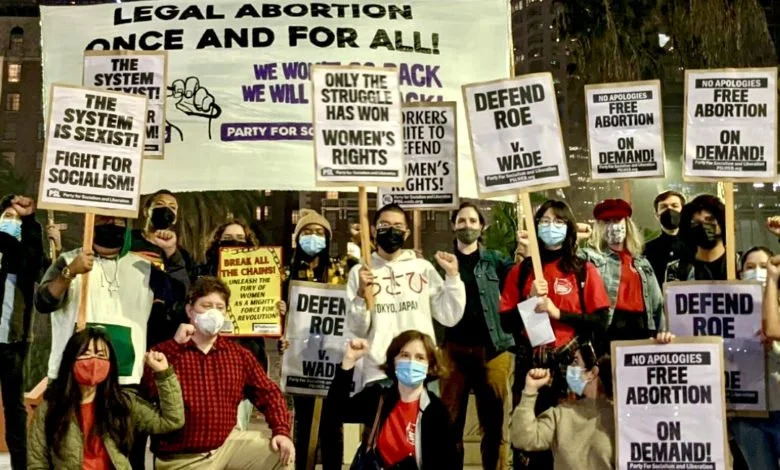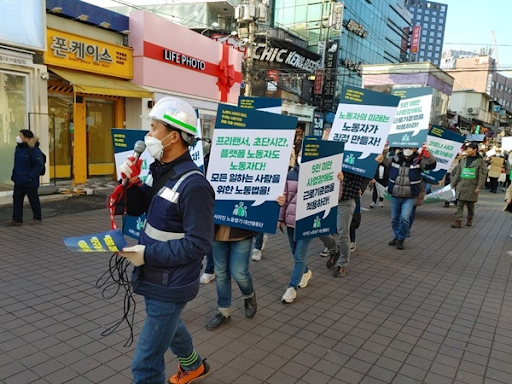“...Even the prominent US diplomat George Kennan, who authored the post Second World War American foreign policy towards the Soviet Union, warned, in 1998, that NATO expansion was not a good idea. Russians would "gradually react quite adversely, and it will affect their policies." It was a strategic mistake. There was no reason for this whatsoever. No one was threatening anyone else.
Now, there is an interesting dynamic in NATO expansion. We, of course, also have the agency of the countries between NATO and Russia. Most of these countries historically felt a threat from the east. And that's why their elites (in Poland, or Czech Republic, etc) wanted to be part of the NATO security structure. So there is also that local agency there. It's not only about two big powers.
However, when the expansion came closer and closer to the Russian border, that of course increased the tension. And so if American policy played a role that would be opening the door of NATO to Georgia and Ukraine. If we had a time machine and went back to 1991, and defined Ukraine, Belarus as neutral states, as happened with Finland and Austria, we wouldn't be experiencing many issues we are experiencing now. But that's, of course, a missed opportunity. Now, we have a completely different reality and dynamics…”
Read More














![[April Progressive Forum] How NATO & Sanctions Perpetuate War & Suffering](https://images.squarespace-cdn.com/content/v1/5b027627f2e6b1d4bfbe16c5/1649816191584-5BYVDVA702S0M9DCJFEB/photo_2022-04-13_11-06-19.jpg)


![[ISC March History Tour] Seodeamun Prison: A Remnant of the Japanese Colonial Era](https://images.squarespace-cdn.com/content/v1/5b027627f2e6b1d4bfbe16c5/1647778635070-L8Q6IC0TOAMC0Q6G0KY8/photo_2022-03-20_20-56-36.jpg)
